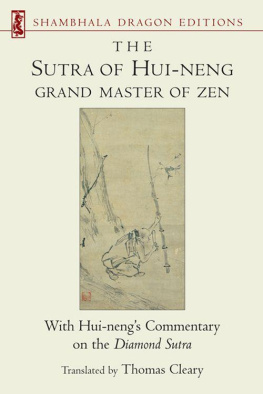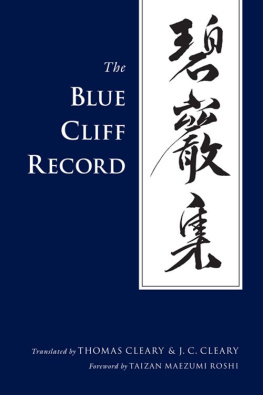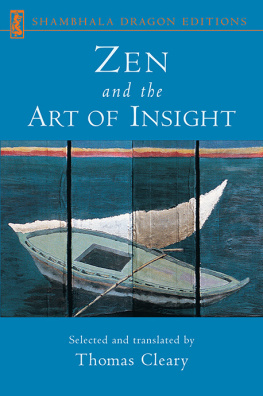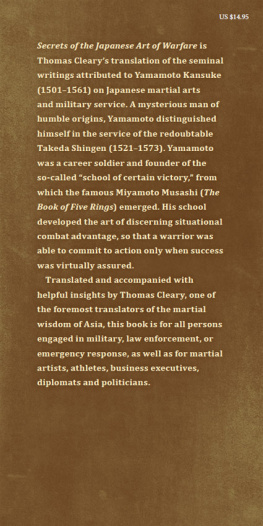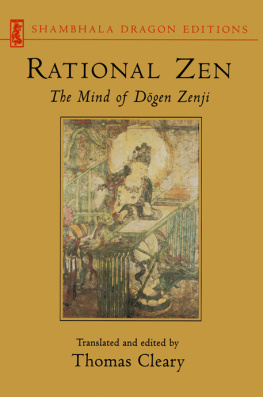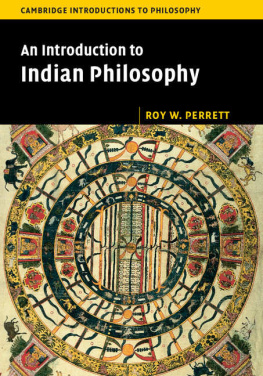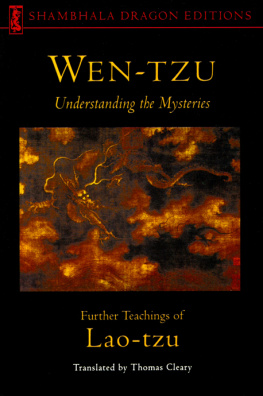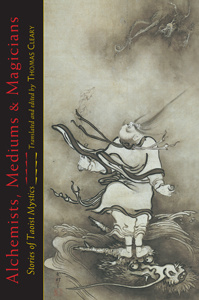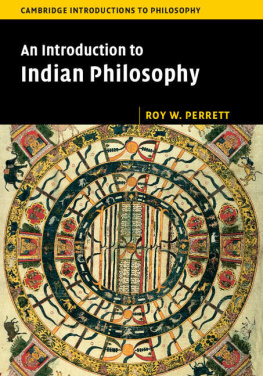The Science of Wealth
2015 Thomas Cleary all rights reserved
Translators introduction
More than two thousand years ago, the Indian thinker Kauthilya formulated a science of wealth, success, and sovereignty, synthesizing social, psychological, economic, and strategic principles into a comprehensive program of practical philosophy. Immortalizing this science in the classical Sanskrit language, Kauthilya taught his methods to an obscure herdsman-soldier. Following the philosophers advice, this herdsman-soldier rose in the world and ultimately succeeded in founding the greatest Indian empire in history.
This herdsman-turned-emperor was Chandragupta Maurya, founder of the empire and dynasty named after him. Because he rose from obscurity, it is not known where he was born. Referred to by the Greeks as Sandracottus, Chandragupta flourished in the last quarter of the fourth century B.C.E. Uniting most of the Indian subcontinent for the first time under one rule, Chandragupta went on to incorporate much of Kashmir and Afghanistan, driving invading Greeks in Alexanders wake back as far as Persia.
The Maurya dynasty reigned for nearly one and a half centuries, from about 325 to 182 B.C.E. Emperor Ashoka, grandson of the founder, who extended the empire by conquest and ruled for forty years, from about 273 to 232 B.C.E, is particularly famous among the later Maurya sovereigns. Eventually converting to Buddhism and renouncing warfare, Emperor Ashoka became a distinguished patron of culture. He convened a historical Buddhist council and established an international Buddhist mission spreading the wisdom of Buddha through the Indian subcontinent and west to Afghanistan, Persia, Greece, Egypt, and beyond.
Kauthilya, the thinker whose practical philosophy inspired and informed the remarkable success of the Maurya empire, has been called the Aristotle of India, and also the Machiavelli of India. Because he integrated a broad spectrum of human concerns into his thinking, combining ethical principles and common sense with strategic sciences, Kauthilyas ideas naturally resemble other classical practical philosophies of both East and West.
The Science of Wealth
The root of happiness is justice. The root of justice is wealth. The root of wealth is sovereignty. The root of sovereignty is mastery of the faculties.
The root of mastery of the faculties is guidance. The root of guidance is attendance upon elders. From attendance upon elders comes discernment. By means of discernment one may prosper.
The successful individual realizes self-mastery. One with self-mastery enjoys all riches.
Attainment of wealth creates prosperity for the people. By virtue of the peoples prosperity, even a leaderless domain will be orderly.
The wrath of the populace is the most serious anger of all.
It is better to have no master than to have an unruly master.
Having prepared oneself, one should seek accompanied. One without allies has no certainty of counsel. A single wheel does not make it possible to move around.
An ally is one who is the same in happiness and in misery. The thinking individual should designate an adviser who is a fitting counterpart to oneself. One who is unruly should not be made an adviser simply out of affection. One who is learned and unpretentious should be made a counselor.
All undertakings begin with counsel. Fulfillment of what is to be done lies in keeping security of counsel; one who divulges advice ruins the task. Through carelessness one will come under the control of enemies; counsel is to be kept guarded from all doors.
By fulfillment of counsel, dominion grows. They say keeping counsel secret is of utmost importance.
Counsel is a lamp to one in the dark about what is to be done.
The faults of others are seen through the eyes of advisers. When advice is given, let there be no hostility.
Assent is when there is unanimity of three.
Advisers are those who see the true reason for what is to be done ad what is not to be done.
Advice is betrayed by six ears.
One whose affection remains sure in adversities is a friend. Power is attained by winning friends.
The powerful one strives to gain what is lacking. Gaining what is lacking is not for the lazy. The lazy one, moreover, cannot keep even what he has gotten. What is in the keeping of the lazy one, furthermore, does not grow; he does not direct employees.
Gaining what has not been gained, maintaining it, developing it and employing itthese four are the essentials of sovereignty.
The course of practical philosophy depends on the essentials of sovereignty. System and arrangement are based on the essentials of sovereignty.
The system is dependent upon application in ones own sphere. Preparedness if focused on neighboring territories; neighboring territories are a source of alliance as well as discord.
One who follows practical philosophy is sovereign.
An immediately neighboring population is a rival. One that is separated by an intermediate territory is a friend. Rivalry and friendship will be as such for a reason.
One who is in decline should make alliances. Power is the reason for uniting, for those who seek it. Metal does not unite with metal without being heated.
The strong should fight the weak, not a superior or an equal. Contention with the powerful is like battle with elephants. An unfired vessel is destroyed b collision with another unbaked one.
The action of enemies should be watched. Alliance is to be made on an individual basis. One should maintain ones own security from the wrath of the unfriendly.
Those of lesser capability must depend on the powerful. Reliance on the powerless brings misery. Let one go to a ruler as to a fire; one should not act in opposition to the ruler.
One should not wear exaggerated clothing. One should not act as if one of the gods.
Double-dealing is done when there are two envious parties.
One who is extreme is addiction to some passion does not achieve what is to be done. Even with elephants, chariots, cavalry and infantry, someone controlled by the senses will perish.
No task is accomplished by one devoted to gambling. Virtue and wealth disappear from one addicted to hunting.
Meaningful quest for wealth is not counted among the vices. One who is attached to lusts does not accomplish what is to be done.
Violence of speech is worse than the burning of fire.
By harshness in punishment one becomes odious to all people.
Prosperity abandons one who is satisfied by material wealth.
Preparedness for the inimical is in the science of power. Practicing the science of power, one protects the people.
Power leads to success. Without authority in power, there is no cabinet of ministers.
People refrain from what they should not do on account of punishment.
Self-preservation depends on the science of power. With self-preservation, all becomes secure. Growth and decay depend on oneself. Power is to be guided by discernment.
A ruler is not to be disrespected, even if weak; there is no weakness in fire.
Action results from power. Acquisition of wealth is rooted in action. Justice and pleasure are rooted in wealth. The root of wealth is work. Work is accomplished with economy of effort.
What is approached by expedient means will not be hard to do. Without expedient means, work is futile, even if it is done. Expedient means are the allies of those seeking to accomplish something.
The aim of work is attained by human effort. Opportunity goes along with human effort. Without opportunity, even excessive effort will be fruitless.
The unfocused cannot act. Decide first, then set to work.
When a task is ended, there should be no procrastination in whats next to be done.
The unsteady one does not accomplish his task.
Next page

